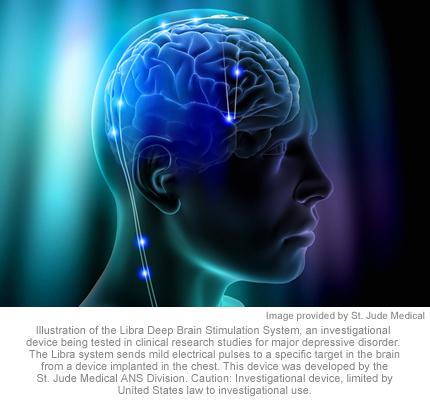This morning’s issue of the London Times offered up this ‘gem’, reporting on a letter published today in the British Journal of Psychiatry. Please feel free to comment
June 2008
 Using new scientific techniques, scientists have unlocked the cascade of molecular events that lead to Alzheimer’s disease. The scientific findings published in the latest edition of Nature Medicine suggest a potential new target for the development of drug therapies to fight the irreversible and degenerative disease which affects some 29.8 million people worldwide. The total worldwide societal cost of dementia was estimated at somewhere in the region of US$315.4 billion in 2005.
Using new scientific techniques, scientists have unlocked the cascade of molecular events that lead to Alzheimer’s disease. The scientific findings published in the latest edition of Nature Medicine suggest a potential new target for the development of drug therapies to fight the irreversible and degenerative disease which affects some 29.8 million people worldwide. The total worldwide societal cost of dementia was estimated at somewhere in the region of US$315.4 billion in 2005.
Alzheimer’s disease is marked by the build-up of plaques consisting of beta-amyloid protein fragments, as well as abnormal tangles of tau protein found inside brain cells. Early in the disease, Alzheimer’s pathology is first observed in the hippocampus, the part of the brain important to memory, and gradually spreads to the cerebral cortex, the outer layer of the brain.
The team of Irish and international researchers have identified that the accumulation of a particular protein (called amyloid ß-protein – Aß) in the brain initiates Alzheimer’s disease and that it directly alters the structure and function of brain cells. The findings place a significant emphasis on the development of new therapeutic strategies targeted at the reduction of the formation of Aß as opposed to the reduction of the plaque burden associated with the disease. [continue reading…]
Hands up if these scenarios are familiar
- You get the exercise bike/treadmill/elliptical you wanted for Christmas, but by April, the machine has been moved to the basement for lack of use
- Â You sign up for the weight loss plan that promises pounds will fly off your hips without you having to give up the foods you love. It works for awhile, until one day you discover you weigh more than you ever did
- You decide to give up smoking, but put it off until next week when you’re not so stressed.
Motivation expert Michael Vallis say most people fall into a pattern. They start out with the best intentions and do well for a little while … but then fall back into old habits. It’s a classic health trap: two steps forward, three steps back. [continue reading…]
 The study, called BROADEN™ (BROdmann Area 25 DEep brain Neuromodulation), is a controlled, multi-site, blinded study that is evaluating the safety and effectiveness of DBS in patients with depression for whom currently available treatments are not effective.
The study, called BROADEN™ (BROdmann Area 25 DEep brain Neuromodulation), is a controlled, multi-site, blinded study that is evaluating the safety and effectiveness of DBS in patients with depression for whom currently available treatments are not effective.
“We are excited to be part of the first double-blind study of Deep Brain Stimulation for depression and remain hopeful that this therapy may prove beneficial for this seriously ill patient population,” said Anthony D’Agostino, M.D., medical director of Alexian Brothers Behavioral Health Hospital and the principal investigator at the study site. “The study is an important contribution to the advancement of treatment options for severely depressed patients.”
This study is researching a specific area in the brain called Brodmann Area 25 that is thought to be involved in depression. The first research of DBS for depression was conducted in Toronto, Canada, by neurologist Helen S. Mayberg, M.D., and neurosurgeon Andres Lozano, M.D., in 2003. They published their findings in Neuron in March 2005, reporting that brain imaging studies indicate that Brodmann Area 25 appears to be overactive in profoundly sad and depressed people. [continue reading…]
